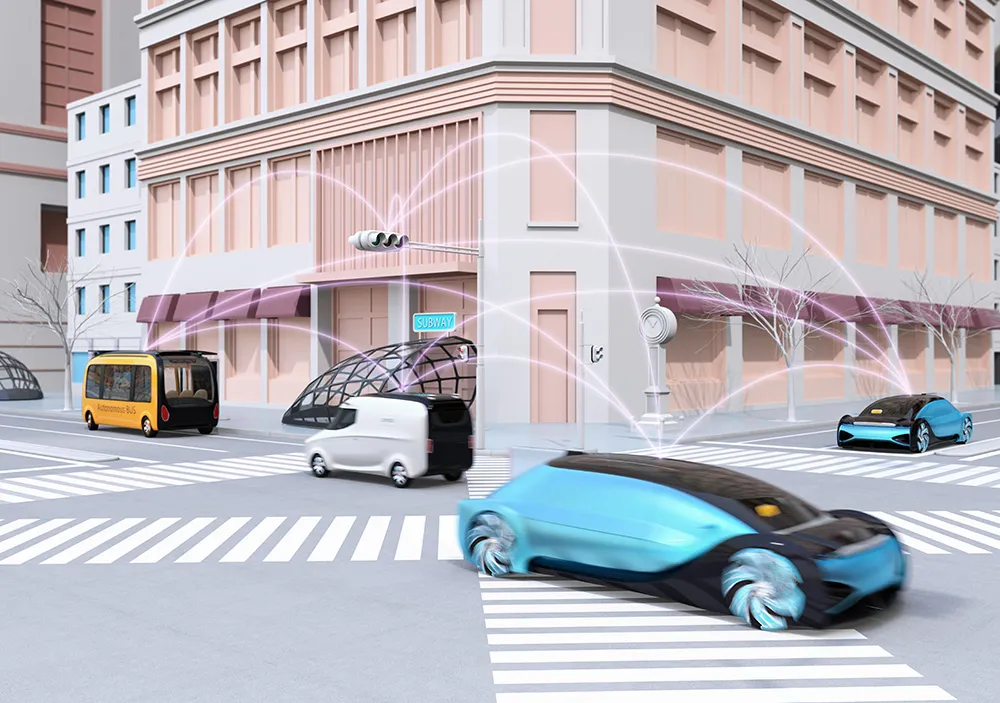Mobility services provider
Delphi and Transdev will share knowledge of AMoD systems to develop fully autonomous vehicles, a driverless vehicle infrastructure solution (DVIS) and cloud infrastructure to support a commercial AMoD system that can operate globally.
Delphi will integrate its turnkey CSLP platform into Transdev’s mobility service vehicles, including a centralised computer running Delphi’s Ottomatika vehicle control software, a comprehensive sensor suite and all the required connectivity and data devices based on Control-Tec real-time analytics, Movimento’s secure, over-the-air (OTA) technologies and Mobileye’s REM technology.
Transdev will integrate its URE and remote control-command software, including intelligent infrastructure and additional software modules dedicated to public transportation and leverage its deep knowledge in client use-cases, safety and quality of service specifications for shared mobility services.
The collaboration with Delphi will allow the two groups to jointly test the entire system: dispatch, remote control-command and vehicles, and test the sensor architecture and intelligence for driverless last-mile and door-to-door transportation service with the next phase including a commercial service.
Transdev and Delphi will start collaborating on open road, driverless pilot programs in Paris-Saclay and Rouen, France.
Transdev and Delphi team up to develop on-demand autonomous transportation
Mobility services provider Transdev is partnering with Delphi Automotive to develop a global, fully automated, mobility-on-demand (AMoD) transport system. The system will utilise Transdev’s universal routing engine (URE) and Delphi’s automated driving platform, the Centralised Sensing, Planning and Localisation (CSLP) platform which Delphi is developing in partnership with Mobileye.
June 12, 2017
Read time: 2 mins







